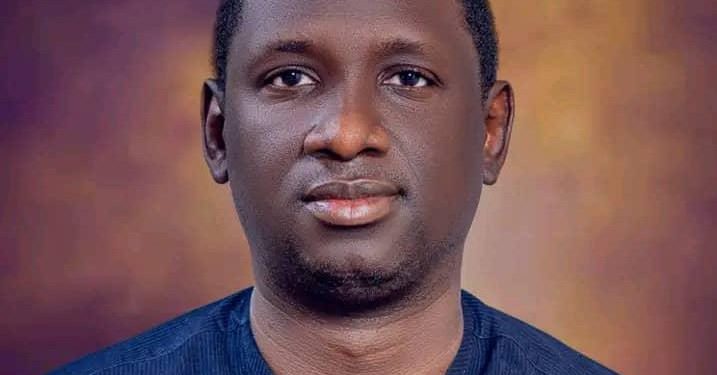By Jarrah Kawusu-Konte
FREETOWN, Sierra Leone — At first glance, the chalkboard lessons at Mabonto Community Secondary School seem like any other across Sierra Leone. But scratch beneath the surface, and you find a system unravelling. In Kailahun, pupils are still waiting for textbooks. In Karene, teachers rotate between five classes a day. Everywhere, hundreds of students were turned away from national exams for technical faults, not of their making. From coast to hinterland, city to chiefdom, the promise of “Free Quality School Education (FQSE)” has buckled under the weight of poor leadership, improper planning, late disbursements, and a government that has turned policy into performance without substance.
“Every term, we prepare for the subsidy,” said a headmaster in Gbendembu. “But it comes after the school term ends, or not at all. What are we supposed to do with promises when we cannot pay exam supervisors or buy chalk?” Schools’ daily reality, the quiet crisis.
At a government secondary school in Mongo Bendugu, Falaba District, a teacher gestures to the blackboard, cracked and fading. “We have three pieces of chalk left for the week,” she says. “No books. No markers. And no word from the ministry.”
Her students walk two miles each morning, only to sit on classroom floors. Teachers rotate across grades because half the staff are volunteer workers, waiting years for pin codes. The fact that teaching and learning materials are lacking, teachers borrow chairs from churches, principals plead for school subsidies that are either too little or arrive too late, if they arrive at all, has undermined every aspect of school management, deepened inequalities, and gutted learning outcomes.
What began in 2018 as a vision for education equality has now become a national emergency. And unlike the fault lines politicians use to divide us – tribe, region, party – this crisis knows no boundaries. It has reached every school, touched every home, and undermined every child’s right to a future.
“What are we teaching them?” a teacher asks, not rhetorically. “To wait? To endure disappointment?”
Learning Interrupted, Futures Derailed
In every region, the effects are the same: attendance is falling, teacher morale is collapsing, and faith in the public school system is eroding. Across the country, parents are pulling children out of public schools, and those who stay miss entire terms during the West African Examination Council (WAEC) crisis. Wherever you go, you hear the same question: What is the future of our children?
Schools that depend on the Ministry of Finance for subsidies to pay auxiliary staff, procure teaching materials, and run feeding programmes have been repeatedly left waiting. Yes, teachers are paid through the central government payroll. But many auxiliary staff, including cleaners, cooks, and security guards, are financed through local school subsidies. When allocations are delayed, these support workers vanish, and schools can not function safely or cleanly. The result is a growing hidden cost in so-called “free” education. That includes pupils carrying benches from home, community members holding fundraisers for school supplies, and teachers moonlighting to survive. In the meantime, parents are asked to contribute, and many can’t. So, learning stalls or students drop out. This is a national betrayal.
FQSE: A Grand Vision in Shallow Waters
When President Julius Maada Bio launched FQSE in 2018, he framed it as a legacy-defining reform. “No child should be denied education because of poverty,” he declared. But critics say the initiative, while noble in intent, has been woefully short on execution. This breakdown isn’t just operational. It affects the very soul of learning. Without early-term supplies, lesson plans collapse. Without feeding programmes, attendance drops. Without teacher support, morale sinks.
“Vision without timely funding is hallucination,” said a school board chairman in Moyamba. “You can not feed children, pay teachers, and print exam papers with speeches.”
A Call to Action
To APC delegates: You have seen the cost of bad governance. You have paid for it with your children’s future. You have a sacred duty to your party and to your country. Sierra Leone cannot afford another five years of empty slogans, of slow and inadequate subsidies, of irresponsible bureaucracy that exclude thousands of pupils from public exams. Electing Dr. Ibrahim Bangura goes beyond a political decision. It is a patriotic responsibility. This moment demands a departure from politics as usual.











